Jan. 4, 2016:
A conversation with Arkadiusz Dudek, MD, PhD, professor of medicine, hematology/oncology, at the University of Illinois College of Medicine. Dr. Dudek is a member of both the University of Illinois Cancer Center and the BTCRC Steering Committee.
Q: How do you think cancer research will change in the next 10 to 20 years?
Portable technology is changing research every day. From apps to scanners, information transmission is faster than ever before. In development at the University of Illinois is a portable blood drop test for lung cancer screening. The way a drop of blood can alter the course of daily treatment for a diabetic, will hopefully have the similar path to recognize lung cancer at earliest stage and aid with patient selection for screening with low dose spiral computed tomography. The UI Cancer Center also works very closely with SAWBO, Scientific Animations Without Borders, which is a global media depository that develops universal tools to understand medical problems, in this case education about a need for cancer screening. This portable technology is another instrument that has the potential to expand comprehension in innumerable ways. Read More

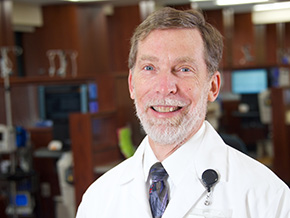
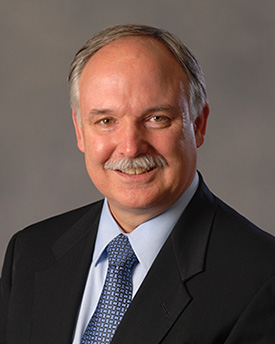
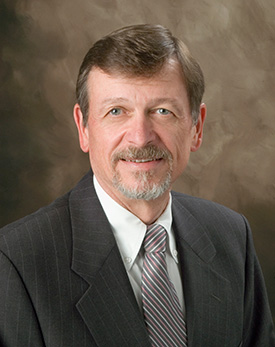 A conversation with Timothy L. Ratliff, PhD, Robert Wallace Miller Director of the
A conversation with Timothy L. Ratliff, PhD, Robert Wallace Miller Director of the 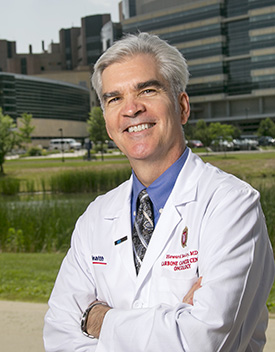 A conversation with Howard Bailey, MD, director of the
A conversation with Howard Bailey, MD, director of the 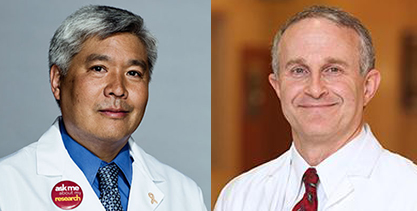 A conversation with Douglas Yee, MD, director, and Jeffrey Miller, MD, deputy director, of the
A conversation with Douglas Yee, MD, director, and Jeffrey Miller, MD, deputy director, of the 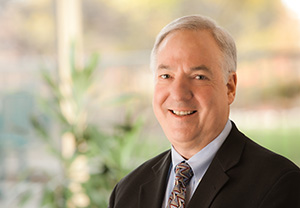
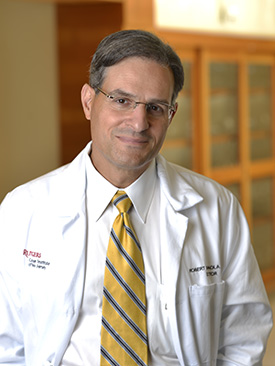 A conversation with Robert S. DiPaola, MD, director of
A conversation with Robert S. DiPaola, MD, director of 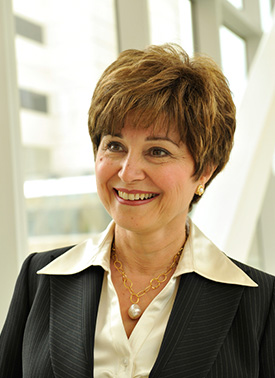 A conversation with Maha Hussain, MD, FACP, FASCO, associate director of clinical research at the
A conversation with Maha Hussain, MD, FACP, FASCO, associate director of clinical research at the 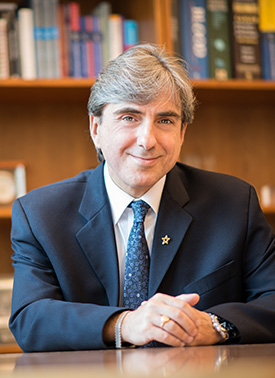














Subscribe to the Big Ten CRC Newsletter X
X Facebook
Facebook YouTube
YouTube